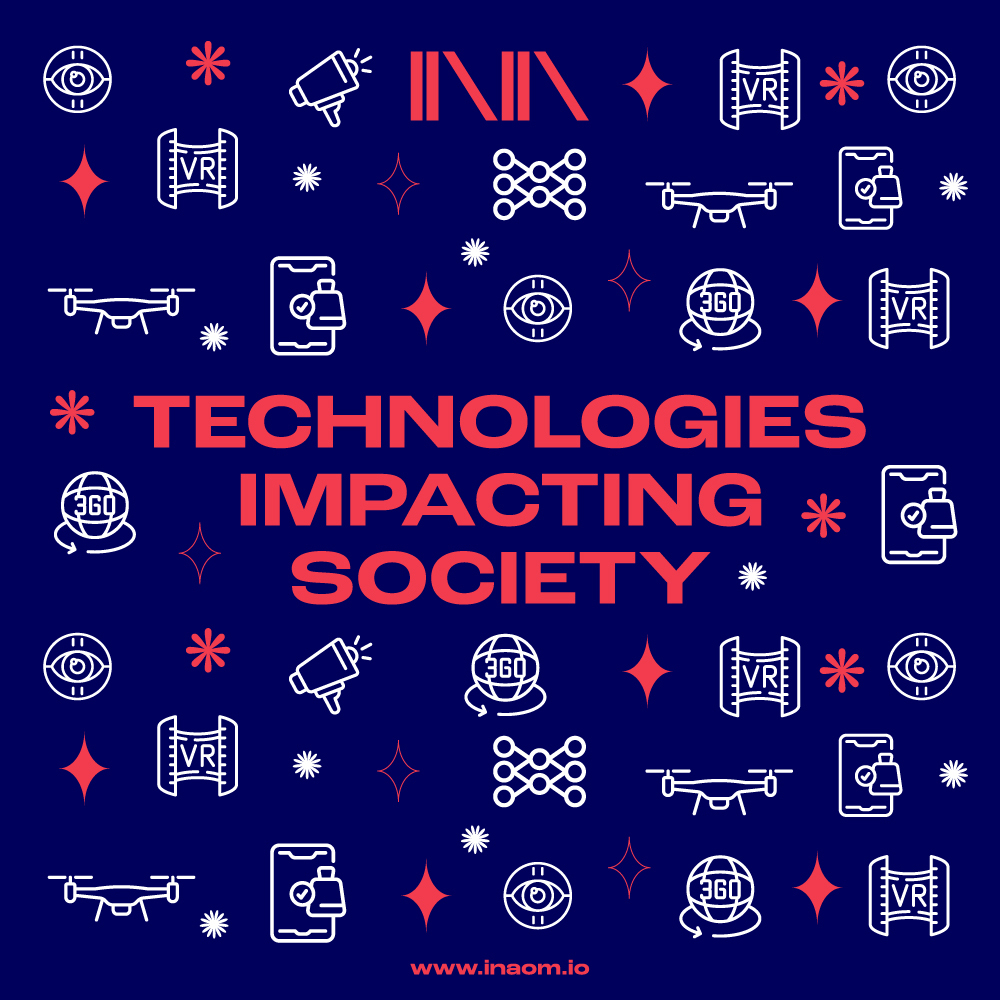Introduction
Welcome to our latest podcast episode, where we delve into the intriguing world of Digisexuality, a term coined by Dr. Neil McArthur and Dr. Markie Twist in their 2017 paper. In today’s episode, Dr. McArthur sheds light on this phenomenon, highlighting the ethical and social implications of technology & sex on relationships and identities. In this detailed exploration of Digisexuality, we will examine its definition, debunk misconceptions, explore the factors influencing it, and discuss the opportunities and challenges it presents.
Understanding Digisexuality
Dr. Neil McArthur’s Perspective on Digisexuality
Dr. McArthur, an esteemed expert in the field, brings a wealth of knowledge and research to the discussion on Digisexuality. He emphasises that technology plays a significant role in shaping our relationships and identities, blurring the lines between the physical and digital realms. The emergence of close attachments to technology and immersive experiences, such as virtual reality and teledildonics, is a key aspect of Digisexuality.
Robot Sex by John Danaher and Neil McArthur:
https://mitpress.mit.edu/contributors/neil-mcarthur
Defining the Term Digisexual
Digisexual individuals primarily identify themselves based on their use of technology & sex for sexual experiences and relationships. Examples of technology-mediated sexual experiences include sexting, video chats, and virtual connections. It is important to differentiate between blended experiences that combine virtual and physical interactions and completely digital experiences that occur solely in virtual environments.
Examining the Moral Panic
Reasons for Moral Panic Around Digisexuality
The introduction of new technologies in the realm of sex often triggers anxiety and apprehension due to societal norms and personal beliefs. Disproportionate reactions to perceived threats can fuel moral panic, leading to misunderstandings and stigmatization.
Debunking Misconceptions
Contrary to sensationalised portrayals, technological advancements in the field of Digisexuality have been relatively slow and primarily focused on communication and virtual experiences. Media portrayal plays a significant role in shaping public perception of Digisexuality, often sensationalising and exaggerating its impact. Highlighting examples such as the case of a Japanese man marrying a virtual character challenges common misconceptions and prompts critical reflection on the boundaries of relationships and identity.
Factors Influencing Digisexuality
Changing Societal Dynamics
Shifting priorities towards careers and financial independence impact traditional intimacy notions and drive the rise of Digisexuality. Excessive screen time and social media addiction harm in-person relationships, affecting both time and quality. This can potentially push individuals towards technology-mediated interactions. Prioritising career and financial independence can alter perceptions of intimacy, leading to the emergence of Digisexuality.
Technology as a Supplement, not a Replacement
Virtual reality presents opportunities for immersive experiences within intimate relationships, offering new avenues for exploration and shared fantasies. Teledildonics, or remotely controlled sex toys, play a vital role in maintaining connections in long-distance relationships, providing physical sensations despite the geographical distance. Finding a balance between virtual and biological connections is crucial for Digisexual individuals, as both realms contribute to their sense of identity and fulfilment.
Opportunities and Challenges
The Need for Innovation in Sex Tech
Currently, major companies dominate the Sex Tech industry, resulting in limited options and perspectives. Promoting the expansion of women-led enterprises within the Sex Tech industry can foster innovative ideas and provide a broader array of products and services tailored to diverse needs and desires. This growth encourages fresh perspectives and greater inclusivity.
Breaking Stigmas and Promoting Positive Sexual Technologies
Educating individuals about the benefits and ethical usage of technology in sexual experiences is crucial. It counters stigma and promotes responsible practices. Addressing the pornification of women and unrealistic media expectations is vital for healthy relationships. It emphasises consent, communication, and mutual respect. Sexual education and media play crucial roles in normalising technology-based intimacy, promoting informed decision-making and understanding of boundaries.
Conclusion
In this thought-provoking and detailed blog post, we have explored the concept of Digisexuality and its implications for society. We have debunked misconceptions and explored factors influencing this emerging sexual identity, guided by Dr. Neil McArthur’s insights. We have also discussed the opportunities and challenges it brings. Technology’s impact on our lives is significant. It is essential to encourage open conversations, challenge stigmas, and promote responsible and ethical use of technology in intimate relationships.
Remember, this is just the beginning of the conversation. We encourage you to further explore this fascinating topic and share your thoughts and experiences. The future of technology & sex is an ever-evolving landscape, and by embracing it with open minds, we can navigate its opportunities and challenges more effectively.










